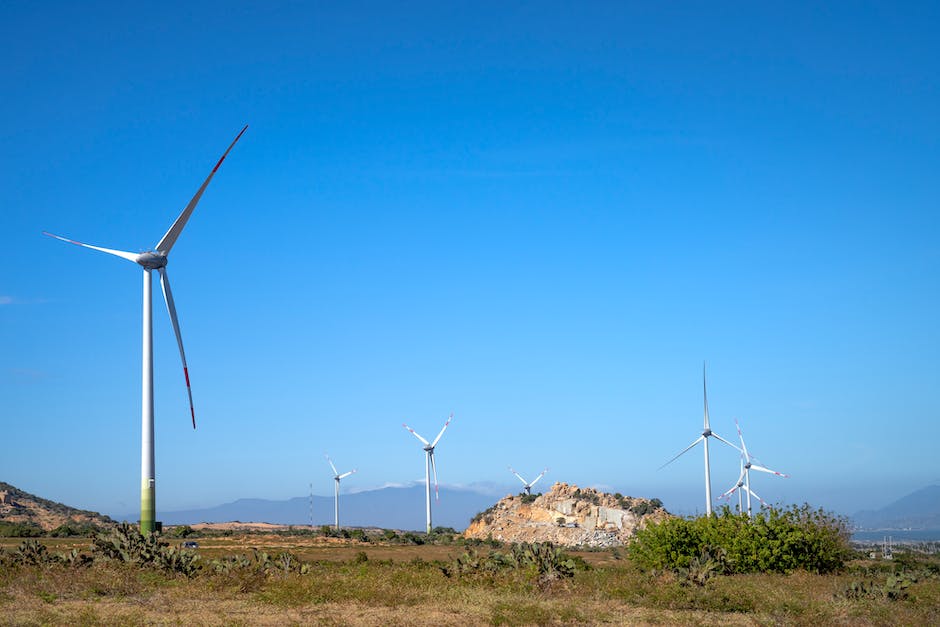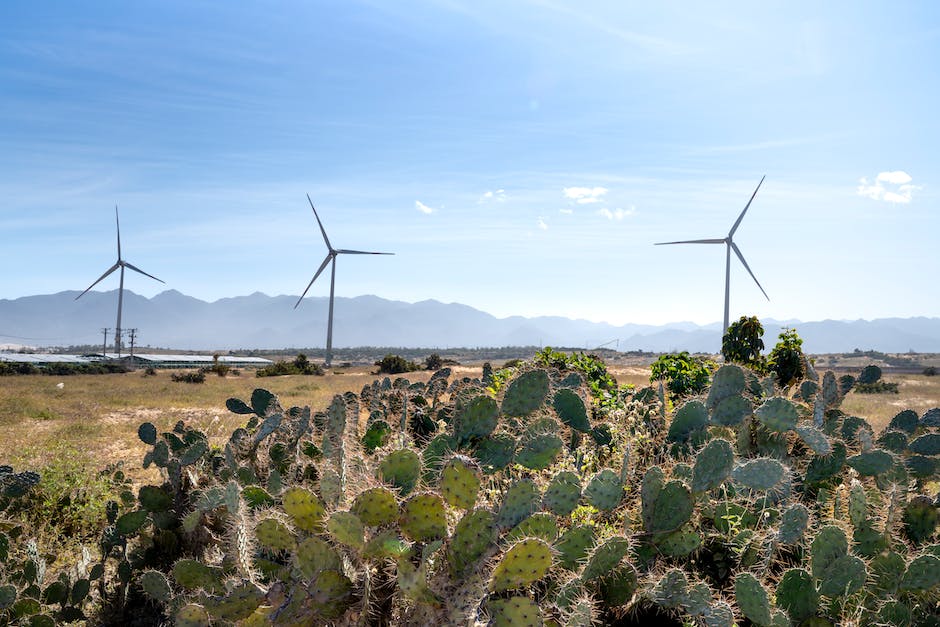Hemp has been around for centuries and used for a wide range of purposes. However, recent legal restrictions have prevented it from being utilized to its full potential. Hemp has a lot to offer; it is a sustainable and eco-friendly resource, with numerous industrial applications. As the world becomes more environmentally conscious, there has been a renewed interest in exploring the potential of hemp as a viable alternative to traditional materials. This blog post will dive deeper into the untapped potential of hemp and how it can pave the way for a greener tomorrow.
What is hemp? Describe what hemp is and how it differs from marijuana.
Hemp is a versatile plant that has been grown and used for thousands of years. It is part of the cannabis family, but unlike marijuana, it contains very low levels of THC, the psychoactive compound that is responsible for the “high” associated with marijuana use. Industrial hemp typically contains less than 0.3% THC, while marijuana may contain upwards of 30%.
Hemp has a wide range of uses, including clothing, paper, building materials, biofuels, and even food. It is a highly sustainable resource, as it requires very little water and no pesticides or herbicides to grow. Additionally, it can be grown in a variety of climates and soil types, making it accessible to farmers worldwide.
Despite its many benefits, hemp has been heavily regulated and stigmatized for decades due to its association with marijuana. However, as awareness grows about the potential of hemp as a sustainable resource, it is starting to gain wider acceptance and recognition as a valuable crop.
Hemp as a sustainable resource: Discuss the many ways that hemp can be used as a sustainable resource, such as in textiles, paper products, and biofuels.
Hemp is a versatile and sustainable resource that has a variety of applications in many industries. The use of hemp in textile production can have a significant impact on the environment, as it requires fewer resources and produces less waste than traditional cotton production. Hemp fibers can also be used to make paper products that are more durable and long-lasting than those made from wood pulp. In addition, hemp can be used as a biofuel, reducing dependence on fossil fuels and helping to combat climate change. With the potential for a wide range of sustainable uses, hemp is an untapped resource that has the ability to shape a greener tomorrow.
The advantages of hemp over other resources: Talk about how hemp is more sustainable and eco-friendly than other traditional resources like cotton and paper.

Hemp is an incredibly versatile and sustainable resource that has been largely untapped until recently. Compared to traditional resources like cotton and paper, hemp is far more eco-friendly and sustainable. For example, producing one ton of hemp can produce more fiber than producing the same amount of cotton, and the process for cultivating hemp requires far fewer pesticides and herbicides. Additionally, hemp can grow in a variety of different climates and soil types, making it a more adaptable and resilient crop. When used in a variety of different products, from clothing to construction materials, hemp has the potential to revolutionize the way we think about sustainability and eco-friendliness in a variety of different industries. With the rising demand for environmentally-friendly alternatives to traditional resources, it’s clear that hemp has a bright future ahead.
Hemp in agriculture: Explain how hemp can be used to reduce the environmental impact of agriculture.

Hemp has been hailed as a superfood and a miracle plant for many reasons, one of which is its potential in agriculture. Hemp can be grown as a rotation crop with other agricultural crops, which helps to break pest cycles and reduce the need for pesticides and herbicides. Hemp’s deep roots also help to improve soil quality and prevent erosion, making it an ideal crop for sustainable agriculture.
Additionally, hemp is highly efficient at absorbing carbon dioxide from the atmosphere through photosynthesis, making it an effective tool in mitigating climate change. It requires less water than many other crops, making it a more sustainable option for regions with limited water resources.
Hemp can also be used to create biofuels, replacing non-renewable fossil fuels and reducing greenhouse gas emissions. By utilizing the versatile properties of hemp, the agricultural industry has the potential to become more sustainable and environmentally friendly.
Furthermore, hemp can be used to produce biodegradable plastics, reducing the amount of plastic waste that ends up in landfills or the ocean. The fibers from hemp can also be used to create textiles and building materials, further reducing the environmental impact of traditional manufacturing processes.
In conclusion, incorporating hemp into agriculture has the potential to revolutionize the industry and contribute to a greener tomorrow. By utilizing this sustainable resource, we can reduce our impact on the environment and create a more sustainable future for generations to come.
Hemp and carbon footprints: Discuss how hemp can help lower carbon footprints by replacing traditional resources and materials.
Hemp is an incredibly versatile plant that has become a source of growing interest amongst environmental advocates. One of the most interesting benefits of hemp is its ability to help lower carbon footprints. This is due to the fact that hemp can replace many traditional resources and materials which have a much larger environmental impact.
For example, hemp can be used as an alternative to wood in paper production, which can significantly reduce deforestation. Hemp can also be used as a natural fiber for textiles, which helps replace synthetic fabrics that are petroleum-based and contribute to carbon emissions during manufacturing. Hemp even has the potential to replace plastic and contribute towards solving plastic pollution in our oceans.
Overall, incorporating hemp into various industries has the potential to significantly lower carbon footprints and create a more sustainable future. Companies and businesses should consider hemp as a viable alternative if they are looking to reduce their environmental impact and contribute to a greener tomorrow.
Hemp farming and economic potential: Talk about the economic benefits of hemp farming and its potential to create new industries and jobs.
Hemp farming has enormous economic potential. As a crop that can be grown quickly and easily, it has the potential to become a key player in a sustainable economy. Hemp can be harvested for its fibers, which can be used to create a wide range of products from textiles to paper. The seeds can be used to produce oil and high-quality protein, while the leaves and flowers can be used to produce a range of therapeutic products.
Hemp farming can create new industries and jobs in rural areas where employment opportunities may be limited. Farmers can diversify their crops and revenue streams by including hemp in their repertoire. For instance, hemp-based textiles have a huge market potential, as they are sustainable, durable and biodegradable. With innovations in hemp-based technology, bio-plastics, construction materials and even bio-fuels show great promise.
The legalization of hemp farming provides farmers with an environmentally friendly alternative to traditional farming practices. Hemp plants are excellent at removing pollutants and can be grown without the use of pesticides, fertilizers or other harmful chemicals. As a result, hemp farming has a lower environmental impact and is more sustainable than traditional agricultural methods.
In conclusion, hemp farming has enormous economic potential to create new industries and sustainable jobs whilst promoting greener practices. As businesses shift towards more sustainable models, hemp farming will likely play a more significant role in the years ahead.
Hemp and the environment: Discuss how hemp can help protect the environment and reduce pollution due to its ability to absorb pollutants and toxins.
Hemp is a powerful resource when it comes to protecting the environment. Hemp has the ability to absorb pollutants and toxins from the soil through a process called phytoremediation. This process involves the use of plants to clean up the soil of dangerous toxins and pollutants. Hemp can effectively remove heavy metals, such as lead and cadmium, as well as harmful chemicals like pesticides and solvents from the soil.
But hemp’s benefits extend beyond just soil remediation. It also has the ability to absorb carbon dioxide from the atmosphere, making it an effective tool in combatting climate change. Hemp can absorb up to four times more CO2 per acre than trees, making it an excellent option for carbon sequestration.
Furthermore, hemp requires much less water than other conventional crop options, like cotton. It can also grow without the need for pesticides or herbicides, making it a much more sustainable agricultural option. By using hemp for paper, clothing, and other products, we can significantly reduce our carbon footprint and work towards a greener tomorrow.
Overall, the untapped potential of hemp for its ability to protect the environment and reduce pollution is significant. As we look for sustainable options for agriculture and industry, incorporating hemp has the potential to make a significant impact on our planet.
Hemp and health benefits: Describe the health benefits associated with hemp, such as its potential to reduce stress and anxiety.

Hemp is not only an excellent resource for sustainable products, but it also has significant health benefits. One of the most promising benefits of hemp is its potential to reduce stress and anxiety. This is due to its naturally occurring compounds called cannabinoids, particularly CBD, which are known to have a calming effect on the body and mind. Studies have found that CBD can reduce levels of cortisol, the hormone associated with stress, and alleviate symptoms of anxiety disorders. In addition, hemp contains essential fatty acids like omega-3 and omega-6, which have also been linked to reduced anxiety and improved mood. With its potential to promote emotional well-being, hemp is a compelling option for those looking to improve their quality of life in a natural way.

